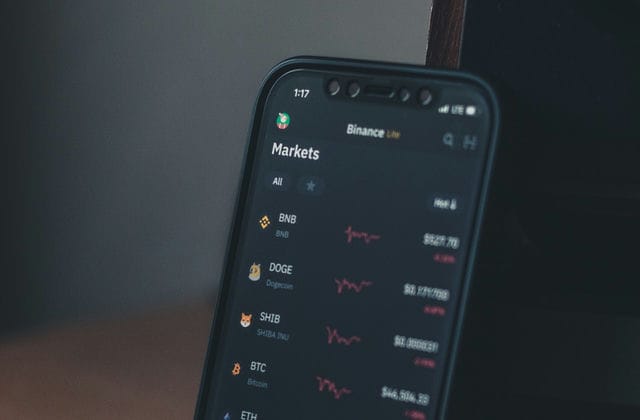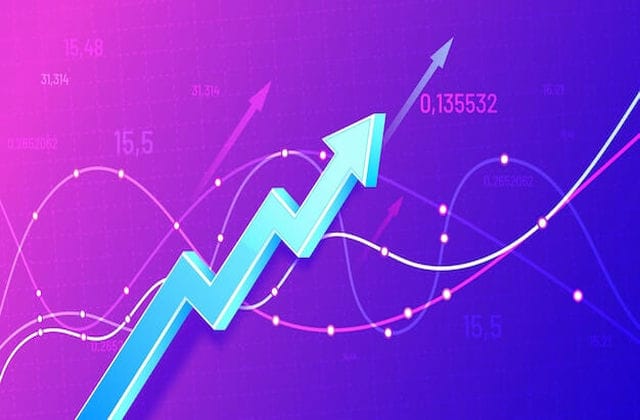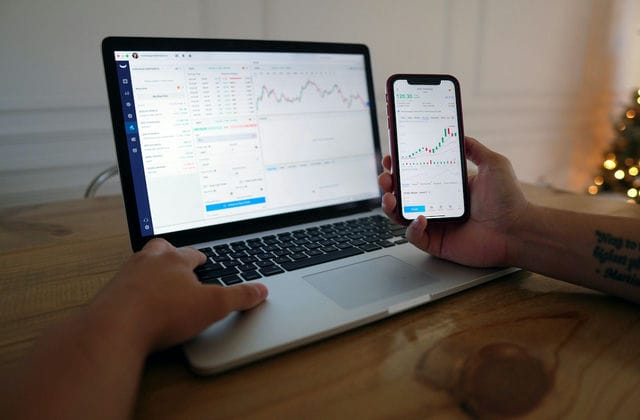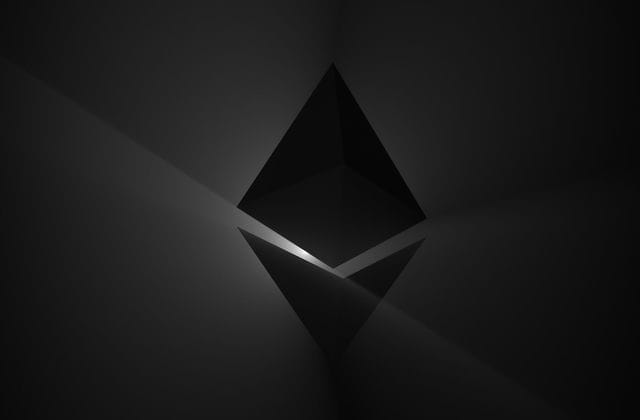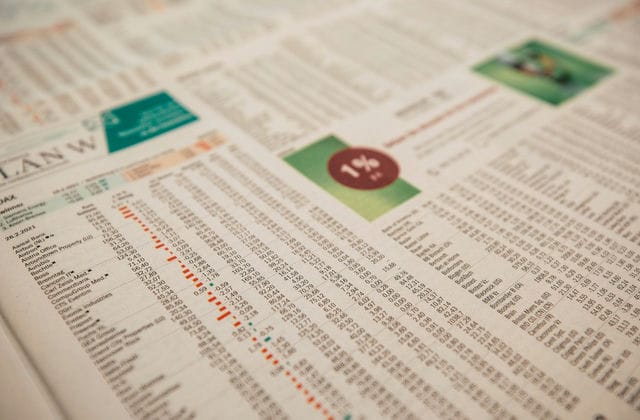The full name of stock index futures is stock price index futures, which can also be called stock price index futures and futures index. It refers to the standardized futures contract with stock price index as the subject matter. Both parties agree that the target index can be bought and sold according to the size of the stock price index determined in advance on a specific date in the future. As a type of futures trading, stock index futures trading and general commodity futures trading have basically the same characteristics and processes.
Basic Characteristics of Stock Index Futures
1、 Common characteristics of stock index futures, other financial futures and commodity futures
Contract standardization. The standardization of futures contracts refers to that all terms of futures contracts, except for prices, are predetermined and have standardized characteristics. Futures trading is conducted by buying and selling standardized futures contracts.
Centralization of transactions. The futures market is a highly organized market, and a strict management system is implemented. The futures trading is centralized in the futures exchange.
Hedging mechanism. Futures trading can end performance liability through reverse hedging operation.
Daily debt free settlement system. At the end of each trading day, the Exchange shall adjust the margin account of each member according to the settlement price on that day to reflect the profit or loss of the investor. If the price changes in a direction unfavorable to the investor's position, the investor must add margin after daily settlement. If the margin is insufficient, the investor's position may be forced to close.
Leverage effect. The stock index futures are traded by margin. Since the amount of margin to be paid is determined according to the market value of the index futures traded, the Exchange will decide whether to add margin or withdraw the excess part according to the market price changes.
2、 Unique characteristics of stock index futures
The subject matter of stock index futures is a specific stock index, and the unit of quotation is the index point.
The value of the contract is expressed as the product of a certain currency multiplier and the stock index quotation.
The delivery of stock index futures adopts cash delivery. Instead of delivering stocks, it uses cash to settle positions by settling price differences.
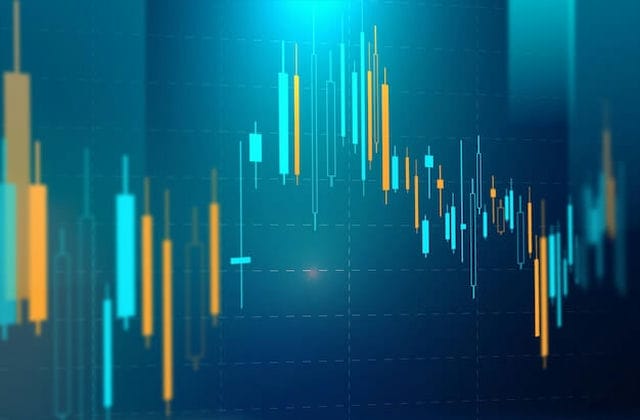
Differences between stock index futures and commodity futures
The target index is different. The subject matter of stock index futures is a specific stock index, not a real subject asset; The object of commodity futures trading is the commodity with physical form.
Different delivery methods. The stock index futures shall be delivered in cash, and the positions shall be settled in cash by settling the price difference on the delivery date; Commodity futures, on the other hand, adopt physical delivery, and carry out liquidation through the transfer of physical ownership on the delivery date.
The degree of standardization of contract maturity varies. The expiration dates of stock index futures contracts are standardized, generally in March, June, September, December, etc; The maturity of commodity futures contracts varies according to the characteristics of commodities.
The holding cost is different. The holding cost of stock index futures is mainly the financing cost, and there is no physical storage cost. Sometimes the shares held have dividends. If the dividends exceed the financing cost, there will be holding income; The holding cost of commodity futures includes storage cost, transportation cost and financing cost. The holding cost of stock index futures is lower than that of commodity futures.
Speculative performance is different. The reaction of stock index futures to external factors is more sensitive than that of commodity futures, and the price fluctuation is more frequent and violent, so stock index futures are more speculative than commodity futures.















